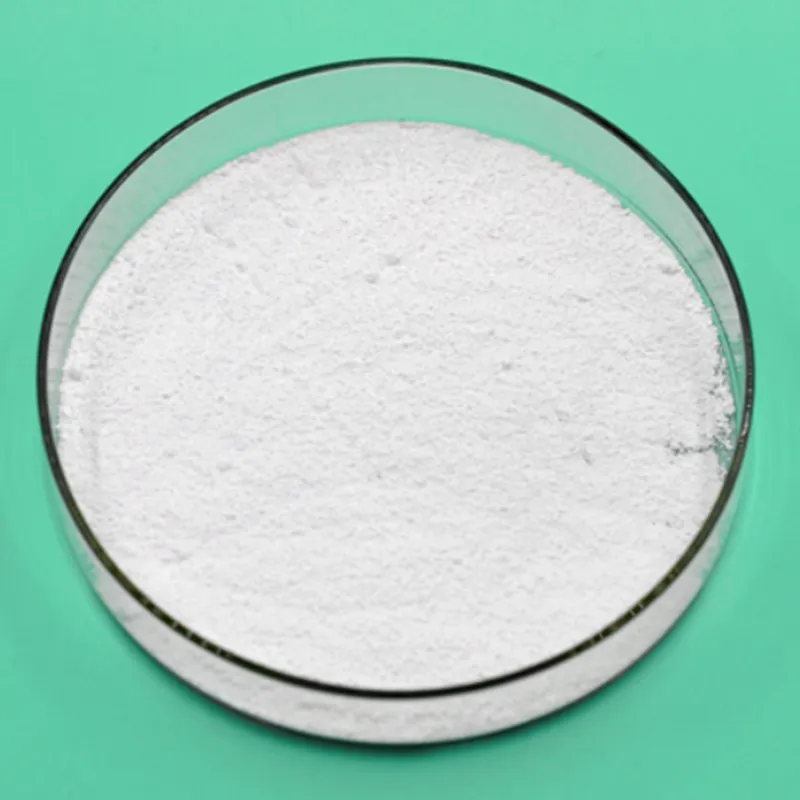
potassium humate fertilizer
The Benefits of Potassium Humate Fertilizer A Comprehensive Overview
In the realm of agriculture, the use of organic fertilizers has gained substantial traction over the last few decades. Among these, potassium humate fertilizer stands out for its myriad benefits as a soil conditioner and nutrient source. Derived from humic substances, potassium humate is a natural compound that enhances soil health, promotes plant growth, and improves crop yields. This article will explore the multifaceted advantages of potassium humate fertilizer, its application, and its impact on sustainable agriculture.
Understanding Potassium Humate
Potassium humate is a potassium-rich organic compound resulting from the humification process of organic matter, particularly plant material. This process transforms decomposed organic materials into humus, which possesses beneficial properties for soils. Potassium humate contains a significant amount of potassium, an essential nutrient for various physiological processes in plants, as well as humic acids, which improve soil structure and fertility.
Nutrient Release and Soil Fertility
One of the primary benefits of potassium humate fertilizer is its ability to provide essential nutrients to plants. Potassium is crucial for regulating many biochemical processes, including photosynthesis, enzyme activation, and water regulation. By improving the availability of potassium in the soil, potassium humate aids in better plant growth, resulting in healthier crops.
Moreover, potassium humate enhances soil fertility by promoting the retention of nutrients. Its humic acid component binds to nutrients and helps prevent leaching, ensuring that vital minerals remain available to the plants. This property is particularly beneficial for sandy soils, which tend to have low nutrient-holding capacities.
Improving Soil Structure
Another significant advantage of potassium humate is its positive impact on soil structure and aeration. The presence of humic acids in potassium humate helps to bind soil particles together, creating macroaggregates that improve soil structure. As a result, the soil becomes more porous, allowing for better air and water infiltration. This improved structure enhances root penetration and development, ultimately leading to stronger and more resilient plants.
Additionally, potassium humate can help in the remediation of degraded soils. It can restore the balance of nutrients, improve microbial activity, and promote a healthy soil ecosystem. By revitalizing soils that have been depleted of nutrients, potassium humate supports sustainable agriculture practices.
potassium humate fertilizer

Enhanced Plant Growth and Yield
Numerous studies have demonstrated that the application of potassium humate fertilizer can lead to increased plant growth and higher crop yields. The combination of enhanced nutrient availability and improved soil structure creates an optimal environment for plant development. Farmers using potassium humate report healthier plants with better root systems, which are less susceptible to diseases and environmental stressors.
Moreover, potassium humate can also stimulate the production of phytohormones, substances that regulate plant growth and development. This stimulation can result in earlier flowering, increased fruit set, and enhanced overall productivity.
Environmental Sustainability
As the demand for sustainable farming practices grows, potassium humate fertilizer emerges as an eco-friendly solution. Being a naturally derived product, it contributes to soil health without the adverse environmental impacts associated with synthetic fertilizers. Its ability to reduce nutrient leaching and environmental pollution makes it a preferred choice for ecologically conscious farmers.
Furthermore, the use of potassium humate aligns with organic farming principles, offering a viable option for those looking to maintain organic certification while enhancing soil fertility and crop quality.
Application Methods
Potassium humate can be applied in various forms, including granules, powdered materials, and liquid solutions. It is flexible and can be incorporated into soil, applied as a foliar spray, or used in irrigation systems. The application rates depend on the specific crop, soil conditions, and desired outcomes, making it essential for farmers to tailor their usage accordingly.
Conclusion
In conclusion, potassium humate fertilizer serves as a powerful tool in modern agriculture, offering numerous benefits for soil health, plant growth, and crop yields. Its organic nature and positive impact on soil ecology position it as a crucial component in sustainable farming practices. By leveraging the advantages of potassium humate, farmers can enhance productivity while maintaining the ecological balance, ensuring a more sustainable future for agriculture.
-
Comprehensive Guide to Acetic Acid as Preservative: Benefits, Uses & Future TrendsNewsNov.24,2025
-
What Is a Food Additive? Global Insights, Applications & Future TrendsNewsNov.24,2025
-
968 Sweetener: The Modern Solution for Health-Conscious SweeteningNewsNov.23,2025
-
Discover the Benefits and Uses of 965 Sweetener (Erythritol) | Tenger ChemicalNewsNov.23,2025
-
961 Sweetener - A Next-Gen Sugar Alternative for Health and IndustryNewsNov.23,2025
-
Understanding 960 Sweetener: The Modern Sugar Alternative for Health and IndustryNewsNov.22,2025
-
Everything You Need to Know About 955 950 Sweeteners – Benefits, Uses, and TrendsNewsNov.22,2025
Hebei Tenger Chemical Technology Co., Ltd. focuses on the chemical industry and is committed to the export service of chemical raw materials.
-

view more DiethanolisopropanolamineIn the ever-growing field of chemical solutions, diethanolisopropanolamine (DEIPA) stands out as a versatile and important compound. Due to its unique chemical structure and properties, DEIPA is of interest to various industries including construction, personal care, and agriculture. -

view more TriisopropanolamineTriisopropanolamine (TIPA) alkanol amine substance, is a kind of alcohol amine compound with amino and alcohol hydroxyl, and because of its molecules contains both amino and hydroxyl. -

view more Tetramethyl Thiuram DisulfideTetramethyl thiuram disulfide, also known as TMTD, is a white to light-yellow powder with a distinct sulfur-like odor. It is soluble in organic solvents such as benzene, acetone, and ethyl acetate, making it highly versatile for use in different formulations. TMTD is known for its excellent vulcanization acceleration properties, which makes it a key ingredient in the production of rubber products. Additionally, it acts as an effective fungicide and bactericide, making it valuable in agricultural applications. Its high purity and stability ensure consistent performance, making it a preferred choice for manufacturers across various industries.





